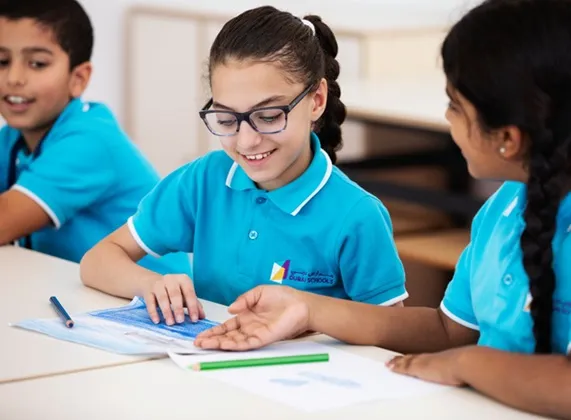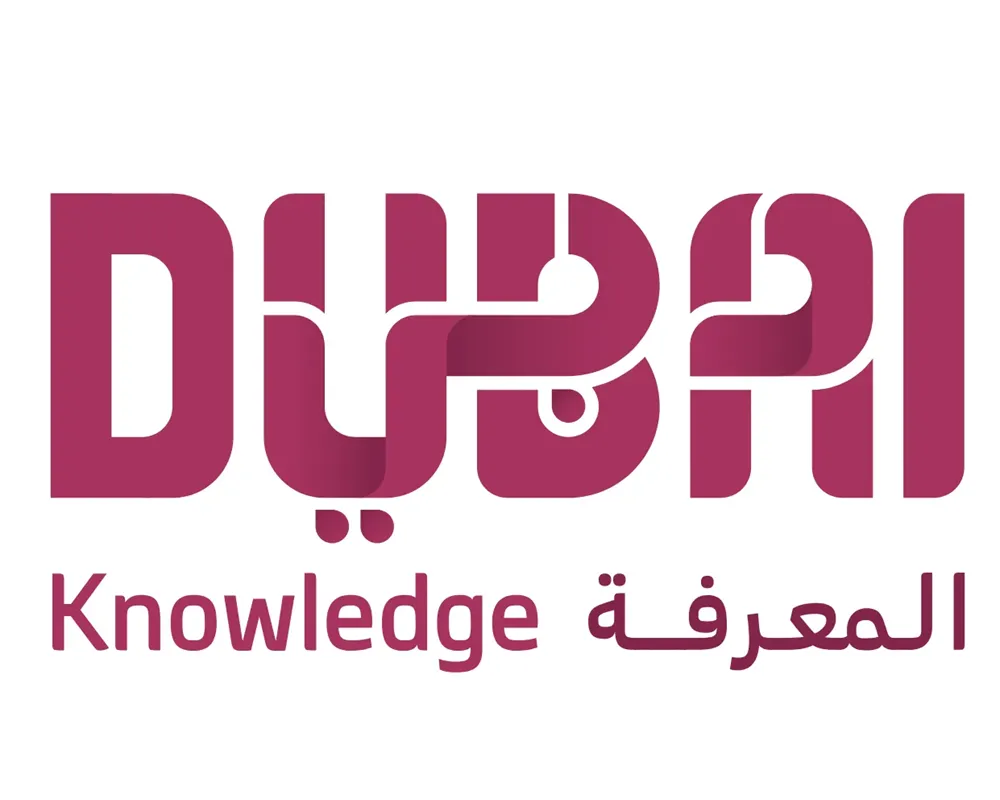Education in Dubai - dda
Compulsory Education
According to Federal Decree Law No. 39 of 2022 on Compulsory Education, education is a fundamental right for both UAE citizens and expatriate residents. The law requires parents or legal guardians to enroll their children in school and ensure their attendance during the compulsory education period.
Education is compulsory for UAE citizens from the primary stage through to the end of secondary education. For non-citizens, it is compulsory until the end of the primary stage.
Failure to enroll a child or comply with the compulsory education requirements will result in a written warning from the Ministry of Education (MoE) or another educational authority, issued within five working days from the date of non-compliance.
If the violation continues for more than 10 working days after the warning, the MoE or the relevant authority must report the case to the Public Prosecution.
Parents or guardians who fail to enroll their child may face imprisonment and/or a fine ranging from AED 2,000 to AED 50,000. The court will also require the parent or guardian to enroll the child within a specified period.
Education regulators
Public education
Public schools and kindergartens are supervised by Emirates Schools Establishment (ESE), which manages student admission and registration. The ESE is responsible for issuance and verification of certificates, responding to inquiries and student transfers in public schools and kindergartens. Visit the ESE's website to learn more about its roles.
Ministry of Education prepares and oversees implementation of education policies, strategies and legislations. It supervises educational institutions and sets national standards for education quality and licensing system. The ministry also develops general framework for curricula, teacher standards, and overall quality of education across the country. Continue reading abou the Ministry's Duties on its website.
Ministry of Higher Education and Scientific Research is responsible for setting strategic policies and plans for establishing public and private universities and colleges, ensuring they adhere to global quality standards. The ministry was established in January 2024 to be responsible for the frameworks and policies of both public and private higher education, linking them to the labor market to enhance the competitiveness of higher education institutions in the country and support academic research efforts. Dive deeper on the Ministry's website.
Admission to school
Tuition fees in private schools
You can learn about tuition fees of each private school in Dubai through the school directory on the website of KHDA. The Fees Fact Sheet attached to each school is a reference detailing all potential school charges, which vary significantly based on factors such as grade level, and school facilities. View the directory of schools and their fees.
Public schools
Registration and admission of a student to a public kindergarten or school is managed by the Emirates Schools Establishment (ESE). To register your child in a public kindergarten or school, you need to access the ESE's website and file an application. Once the application is completed and submitted, you will receive a message withing 3-5 working days on approval of rejection of the application. Apply for school admission.
Tuition fees in public schools
Public schools in the UAE offers free education from KG1 to Grade 12 to UAE citizens, holders of the UAE passports and GCC citizens.
Expatriate students are permitted to attend public schools on payment of 6,000 AED as tuition fees and subject to certain conditions. Read more in the Public School Registration Manual (Arabic only)
Public higher education institutions in Dubai include:
Find a list of private higher education institutions in Dubai
Find a list of higher education institutions in the UAE
Academic Year
Since the 2010/2011 academic year, the academic calendar in Dubai has been divided into trimesters. All public and private schools in the UAE are required to offer a minimum of 182 school days per academic year.
For the 2025/2026 academic year, the school year begins on 25 August 2025. It has two scheduled breaks:
The first break spans from 15 December 2025 to 4 January 2026
The second break spans from 23 March to 12 April 2026
Scholarships
Hamdan bin Mohammed Scholarship Program
Hamdan bin Mohammed Scholarship Program is designed to support outstanding Emirati graduates from both public and private schools to pursue their university studies at top international universities and prestigious academic programs. Each year, the program selects the top 100 male and female students to pursue bachelor's degrees in high value specializations to prepare a generation of leaders and innovators who can drive development in the emirate.
Related links
Dubai Distinguished Students Program
This program stems from Dubai Social Agenda 33 and is a collaborative effort between the government and private sectors. It aims to support Emirati students in all stages of their education, focusing on students who have demonstrated academic excellence, leadership potential, and a strong commitment to continuing their educational journey. The scholarship covers 50% of the tuition fees for students attending schools rated “Good” or better, with the remaining 50% to be covered by their parent or legal guardian.
Education 33 Strategy
Education 33 Strategy (E33) signifies a shift in Dubai’s education ecosystem from a traditional, institution-centric model to one that is learner-centric, adapting to every individual’s needs and aspirations. The E33 strategy will ensure learners are well equipped with the skills and opportunities they need to succeed at every stage of their life and be impactful members of Dubai’s future. Read more about E33
E33 focuses on five strategic goals:
Productive Emiratis empowered with high quality education
Equitable and accessible education designed around the wellbeing of diverse learners
Engaged educators and parents that nurture lifelong learning
World-class learning destination for all learners
Innovative ecosystem that creates impact and activates growth
In addition to the strategic goals, 28 Game Changer initiatives will be rolled out in several phases over the next decade to redefine educational experiences and outcomes, and foster innovation and excellence across all levels of education.
Was this content helpful





